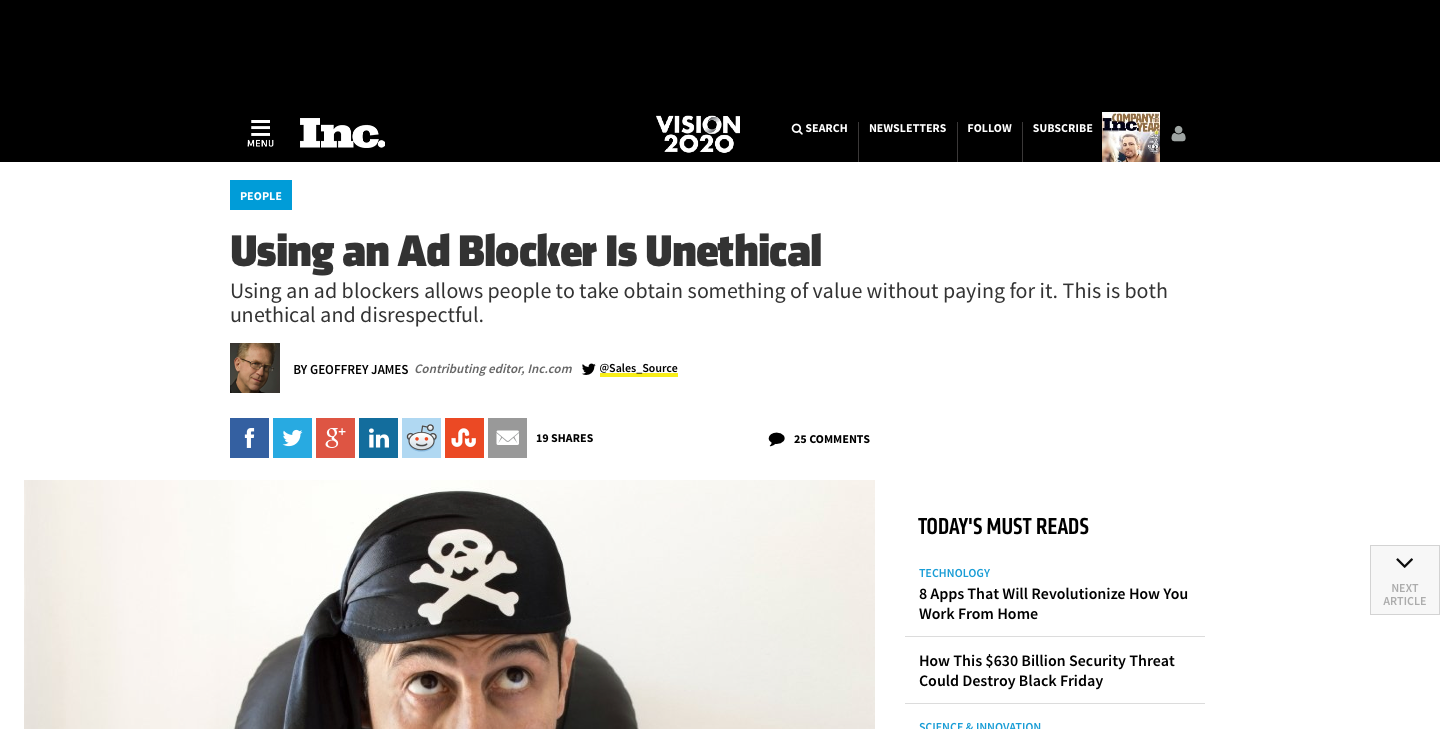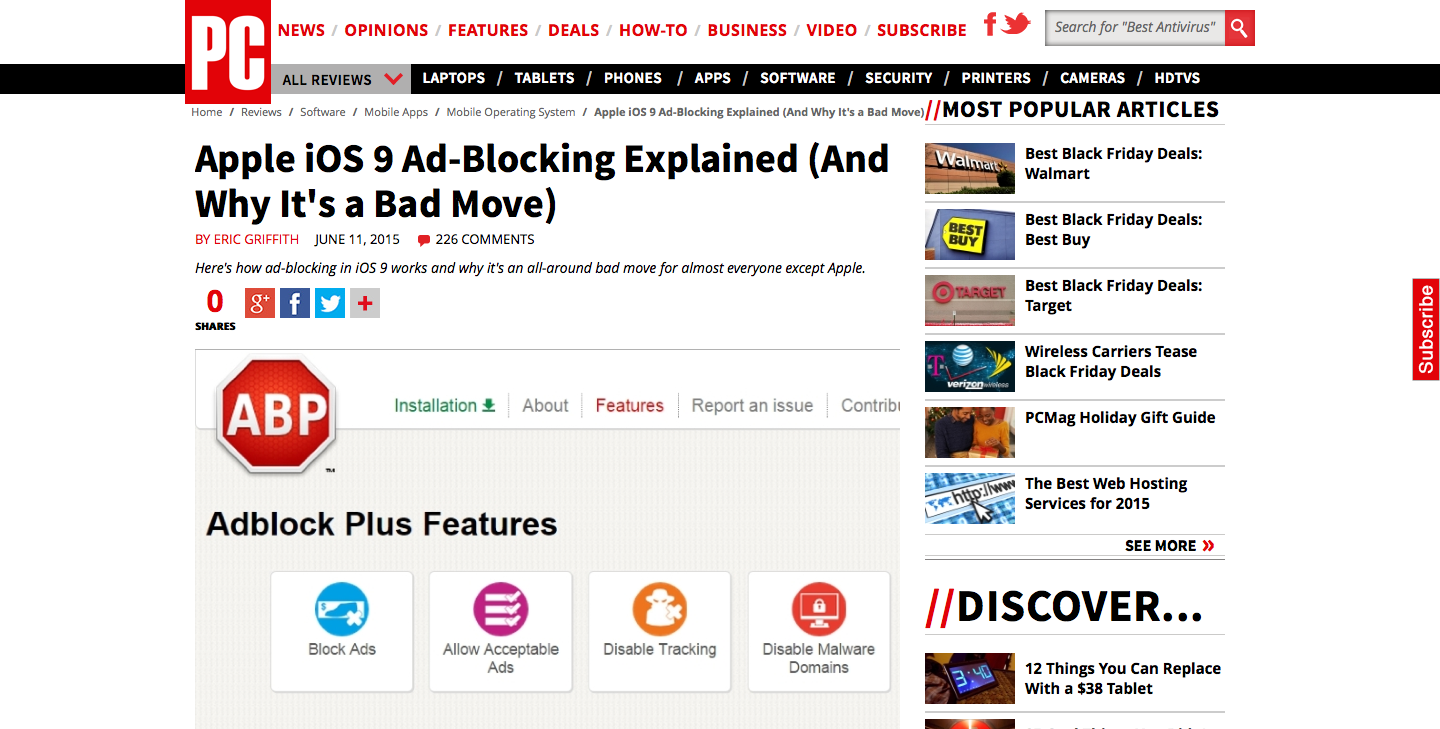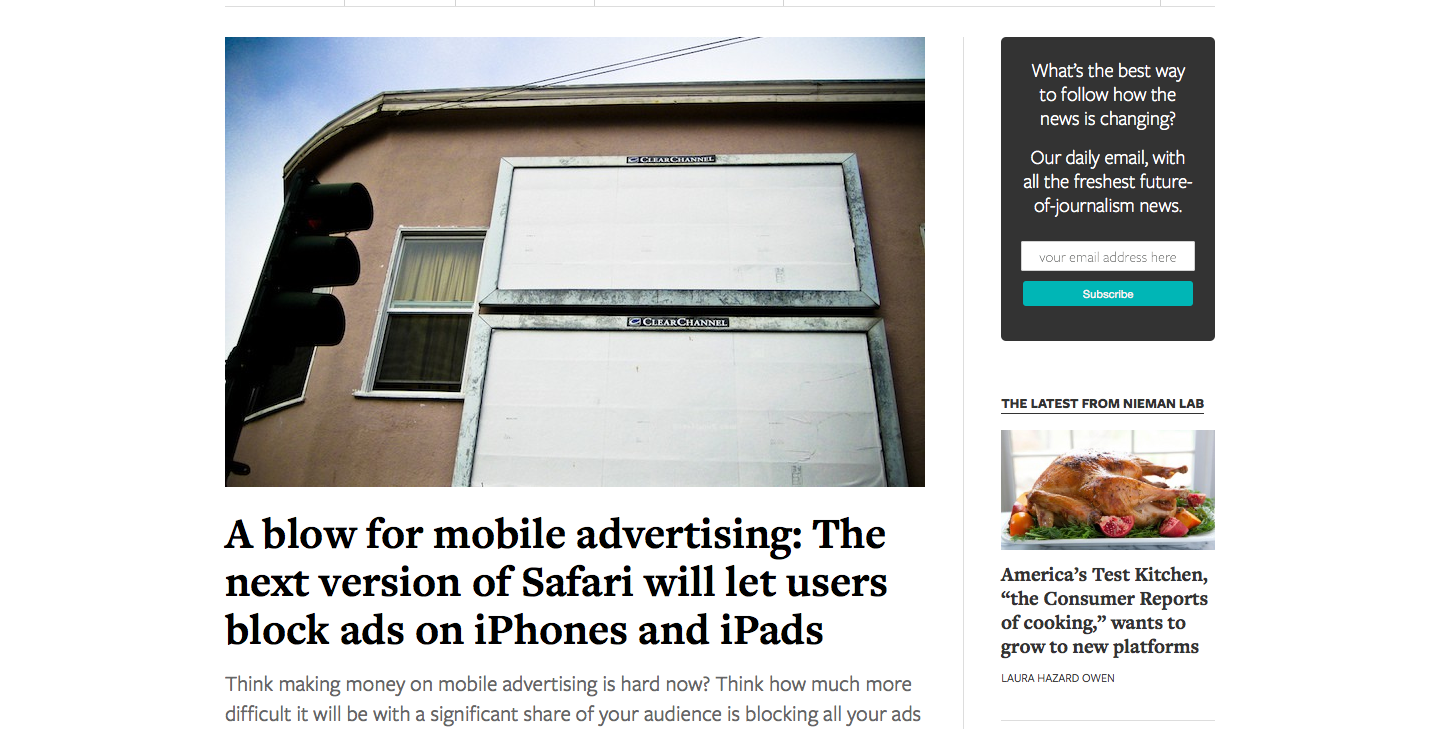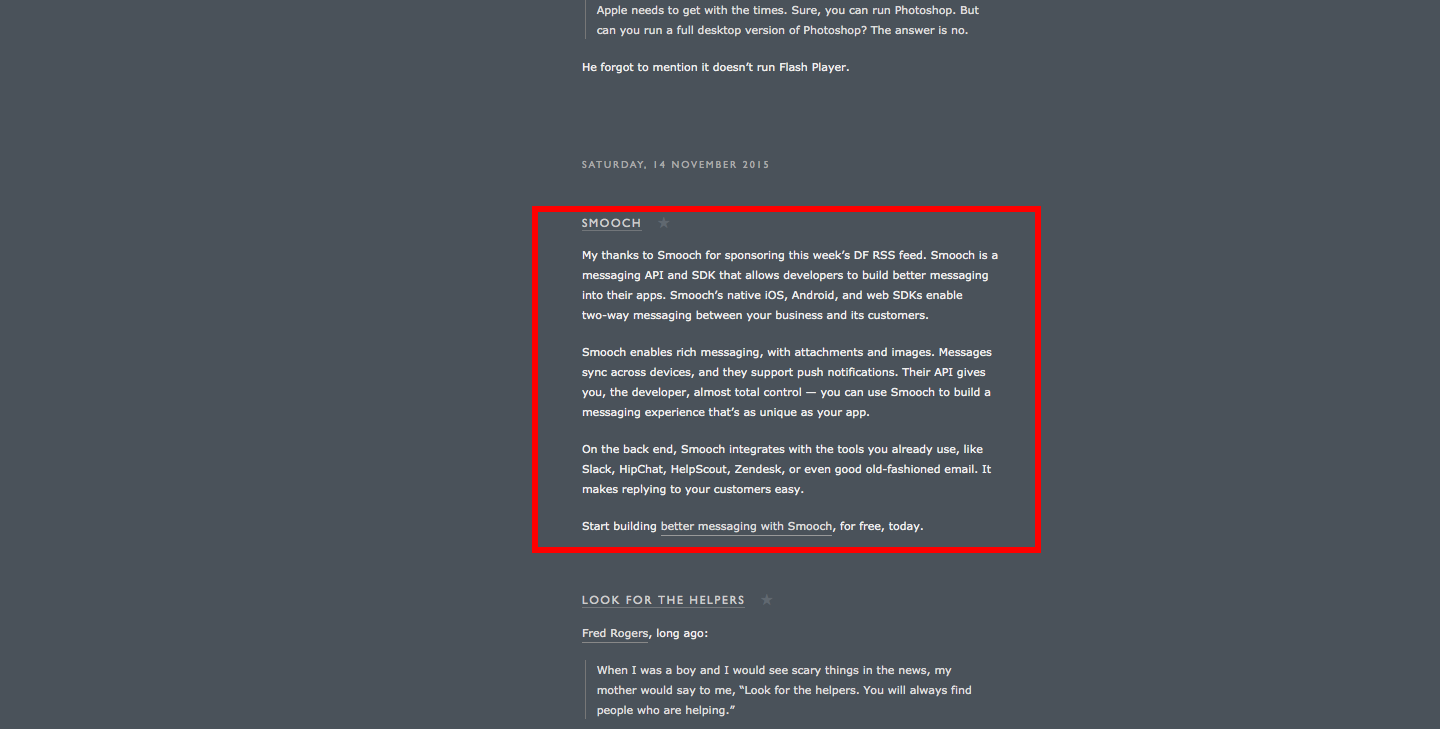The Constructivist Approaches of Technology Studies
Studies by Hughes, Bijker and Pfaffenburger
Nov 26, 2015
Outline
- Thomas P. Hughes
- Wiebe E. Bijker
- Bryan Pfaffenberger
- Case study: Ad blocking
Thomas P. Hughes (1923-2014)
- An American historian of technology
- First studied mechanical engineering
but turned to European history
- Received PhD from the University of Virgina
- Taught at University of Pennsylvania
- Wanted the history of technology to become part of mainstream history

A Seamless Web (1986, 1991)
- A critique of the internalist approach of history
- False division of science and technology
- Rigid analytical categories
- Thomas Edison
- "technical, scientific, economic, political, social, etc., are overlapping, soft categories." (Hughes, 1986: 287)
- A 'systems' approach
- Technology as social-technical systems
The Evolution of Large Technological Systems (1987)
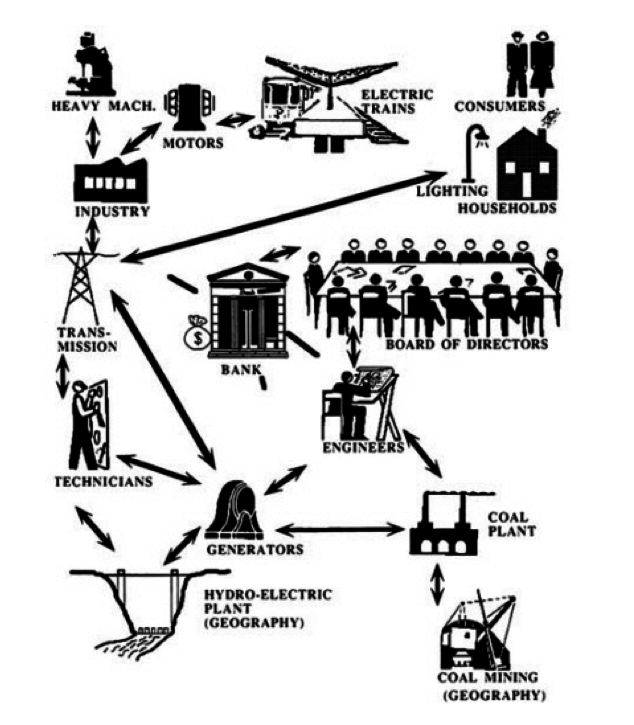
From Hughes (1991)
- Invention
- Development
- Innovation
- Transfer
- Growth, Competition, and Consolidation
- Momentum
Wiebe E. Bijker (1951-)
- A Dutch professor at
Maastricht University - His father was an engineer involved in the implementation of the Delta Plan
- Studied philosophy, physical engineering, and finished his PhD in sociology and the history of technology at University of Twente
- (Along with Trevor Pinch) Considered the main adherents of the SCOT approach
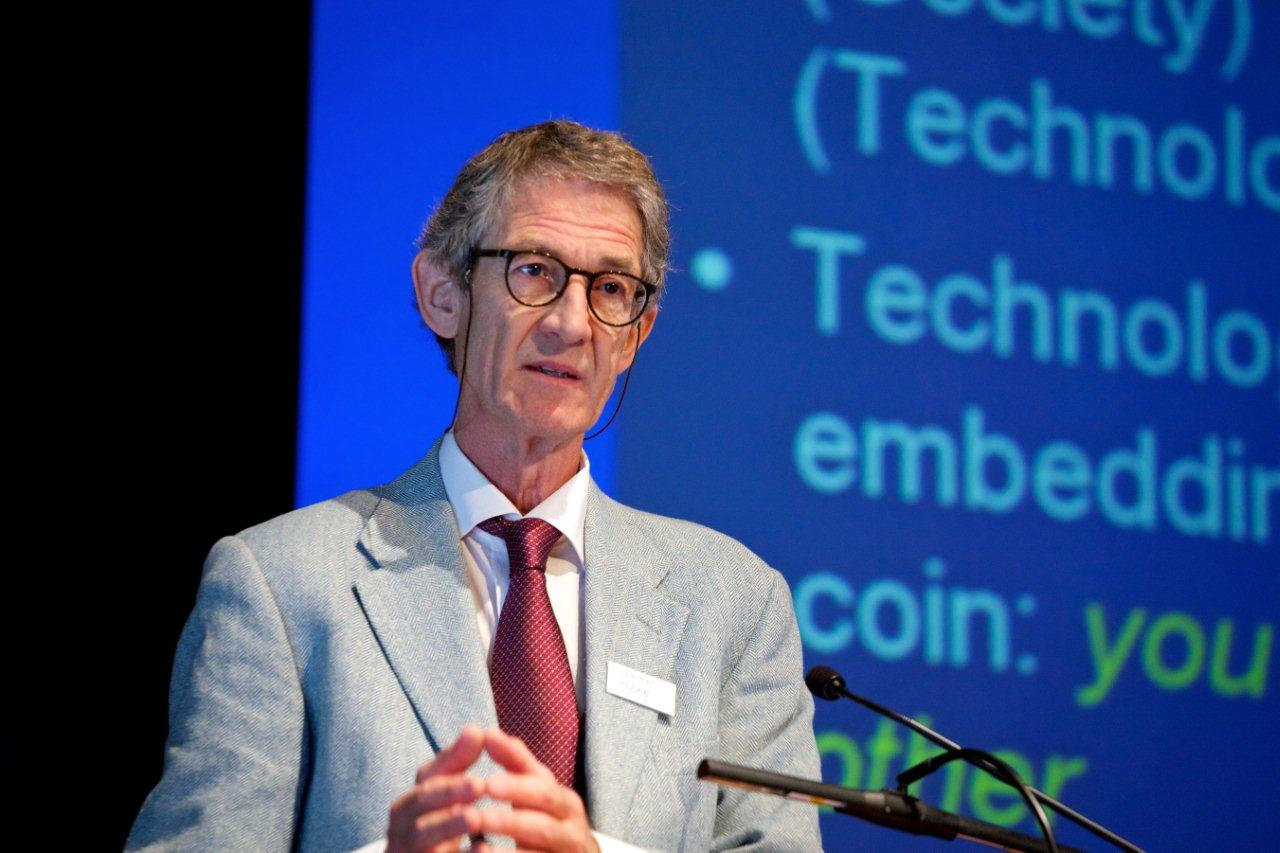
The Social Construction of Technology (1987, 2010)
- Wanted to explore the science-technology relationship
- Integrated the EPOR and the SCOT approaches
- A multidirectional model of artifacts and social groups
- Problems and solutions
- Co-construction of technology and society
- Three-step research process
- Finding relevant social groups
- Identifying interpretive flexibility
- Finding processes of stabilization/closure
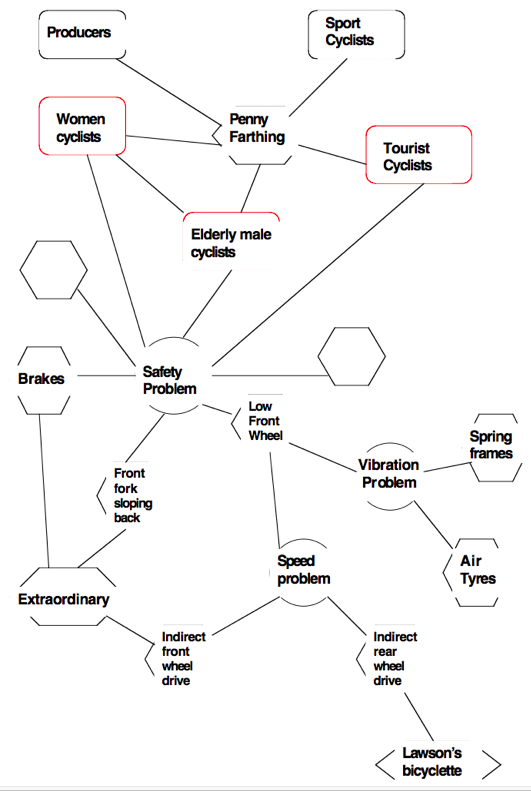
A multi-directional model of bicycle development
Bryan Pfaffenberger (1949-)
- An American professor
at the University of Virginia - Received PhD at UCBerkeley
- Did fieldwork in Sri Lanka
- Resigned a tenured position in anthropology because of interest shift to technology
- Integrated STS into mainstream anthropology discourse

Technological Dramas (1992)
- A model to describe the power relations between designers and users in discursive practices
- The "dramatic" nature of discourse: performative, mythical, ritualistic

Case study: Ad blocking

Source: http://www.castle33.com/wp-content/uploads/2015/01/AdBlock-Blog-.jpg

_____________
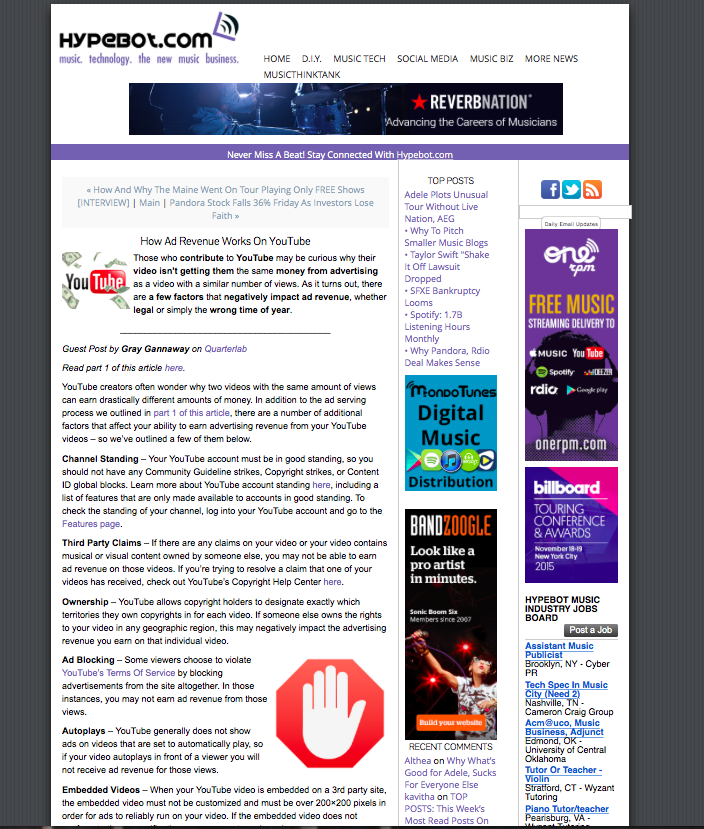
Ads are annoying...




